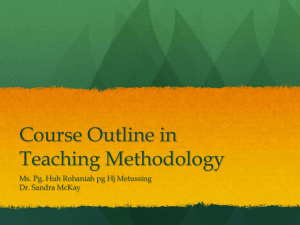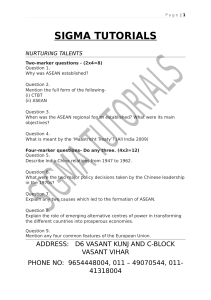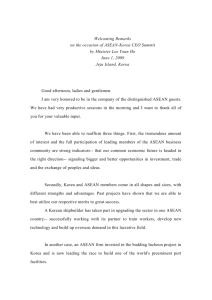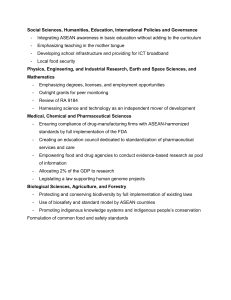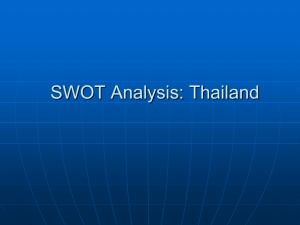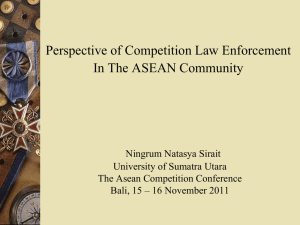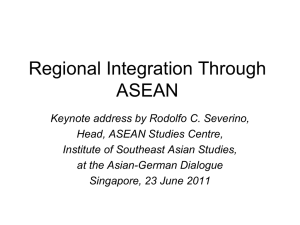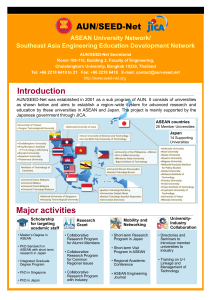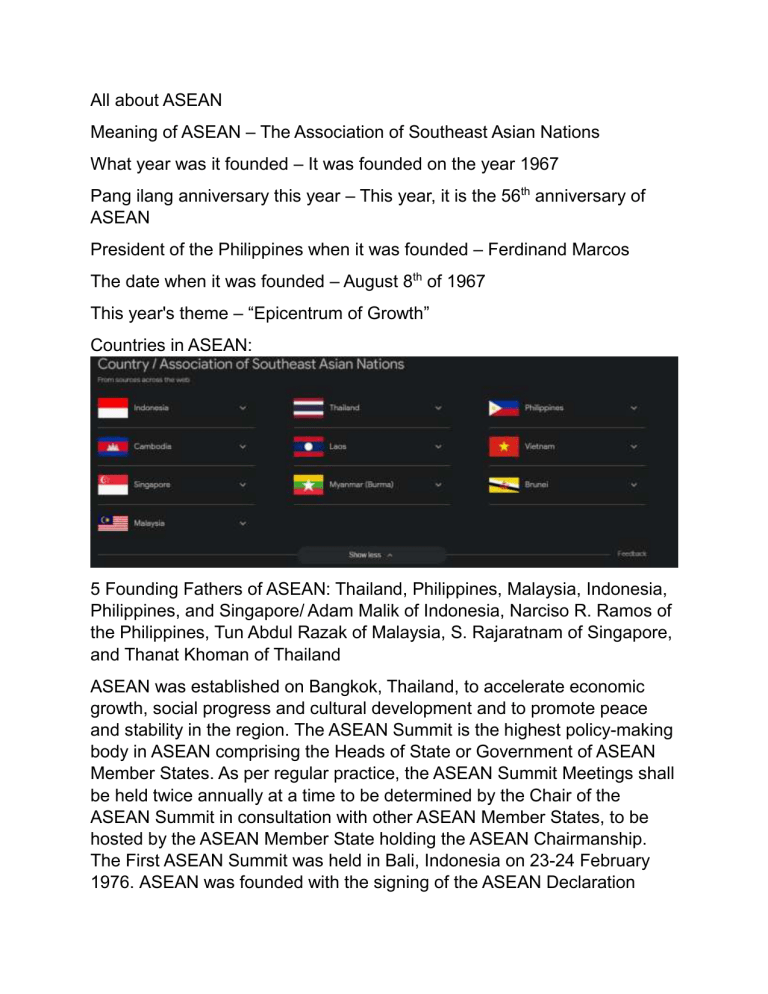
All about ASEAN Meaning of ASEAN – The Association of Southeast Asian Nations What year was it founded – It was founded on the year 1967 Pang ilang anniversary this year – This year, it is the 56th anniversary of ASEAN President of the Philippines when it was founded – Ferdinand Marcos The date when it was founded – August 8th of 1967 This year's theme – “Epicentrum of Growth” Countries in ASEAN: 5 Founding Fathers of ASEAN: Thailand, Philippines, Malaysia, Indonesia, Philippines, and Singapore/ Adam Malik of Indonesia, Narciso R. Ramos of the Philippines, Tun Abdul Razak of Malaysia, S. Rajaratnam of Singapore, and Thanat Khoman of Thailand ASEAN was established on Bangkok, Thailand, to accelerate economic growth, social progress and cultural development and to promote peace and stability in the region. The ASEAN Summit is the highest policy-making body in ASEAN comprising the Heads of State or Government of ASEAN Member States. As per regular practice, the ASEAN Summit Meetings shall be held twice annually at a time to be determined by the Chair of the ASEAN Summit in consultation with other ASEAN Member States, to be hosted by the ASEAN Member State holding the ASEAN Chairmanship. The First ASEAN Summit was held in Bali, Indonesia on 23-24 February 1976. ASEAN was founded with the signing of the ASEAN Declaration (Bangkok Declaration) by the Founding Fathers of ASEAN. ASEAN has contributed to “a regional and international political order that has promoted a climate for economic assistance, trade, and FDI supporting national development programs.” Additionally, travel restrictions hampered intra-bloc trade and tourism, which contributed almost $400 billion to ASEAN member economies in 2019. One of the challenges long faced by ASEAN is the lack of a custodian that can keep the association going. ASEAN also lacks strong institutions to guarantee the success of the implementation of its collective decisions. Today, the grouping is facing a great challenge amid the strategic competition for influence in the Asia-Pacific between the United States and China. Recently, countries in Southeast Asia have been forced to choose sides. As the U.S. and China increase their strategic rivalry and start a new cold war, ASEAN is locked up in a strategic tug-ofwar that could destabilize the whole region, if it fails to navigate the geopolitical challenge effectively. ASEAN is not free from internal and external security challenges either. Within the region, there are border disputes and conflicts, illegal migration, ethnic crises, and issues surrounding the life of the dammed Mekong River, which has increasingly made headlines in the last few years. It’s aims and purposes were about cooperation in the economic, social, cultural, technical, educational and other fields, and in the promotion of regional peace and stability through abiding respect for justice and the rule of law and adherence to the principles of the United Nations Charter. It stipulated that the Association would be open for participation by all States in the Southeast Asian region subscribing to its aims, principles and purposes. It proclaimed ASEAN as representing “the collective will of the nations of Southeast Asia to bind themselves together in friendship and cooperation and, through joint efforts and sacrifices, secure for their peoples and for posterity the blessings of peace, freedom and prosperity.”
